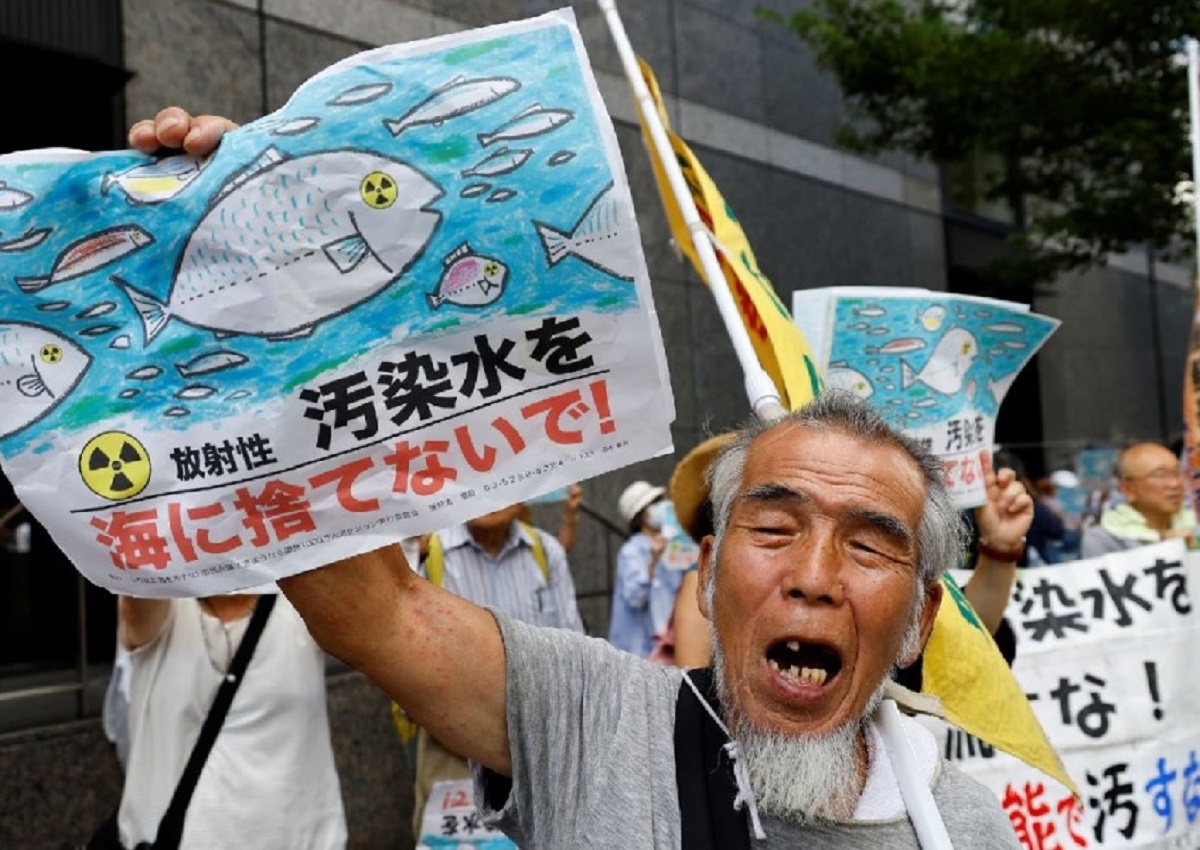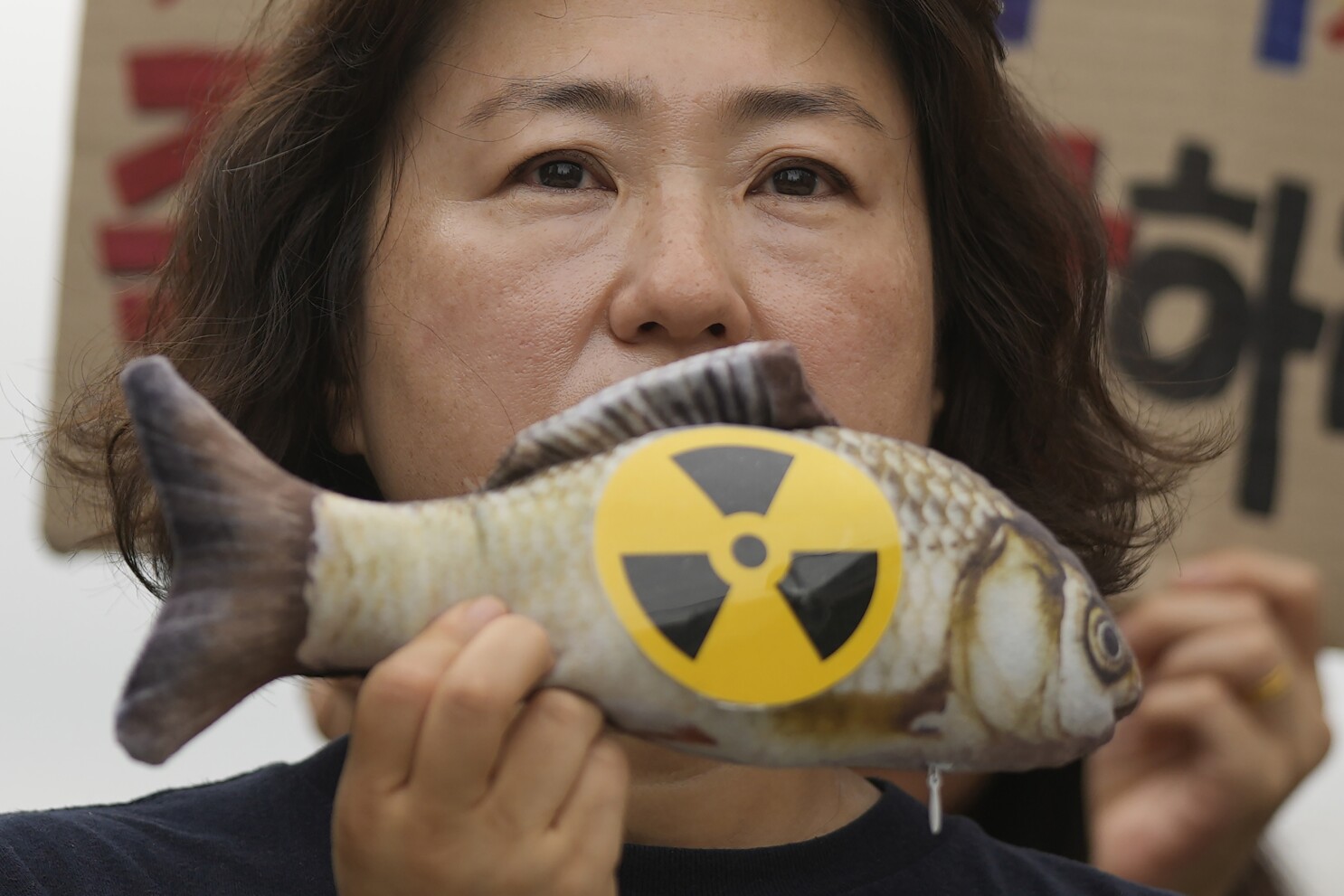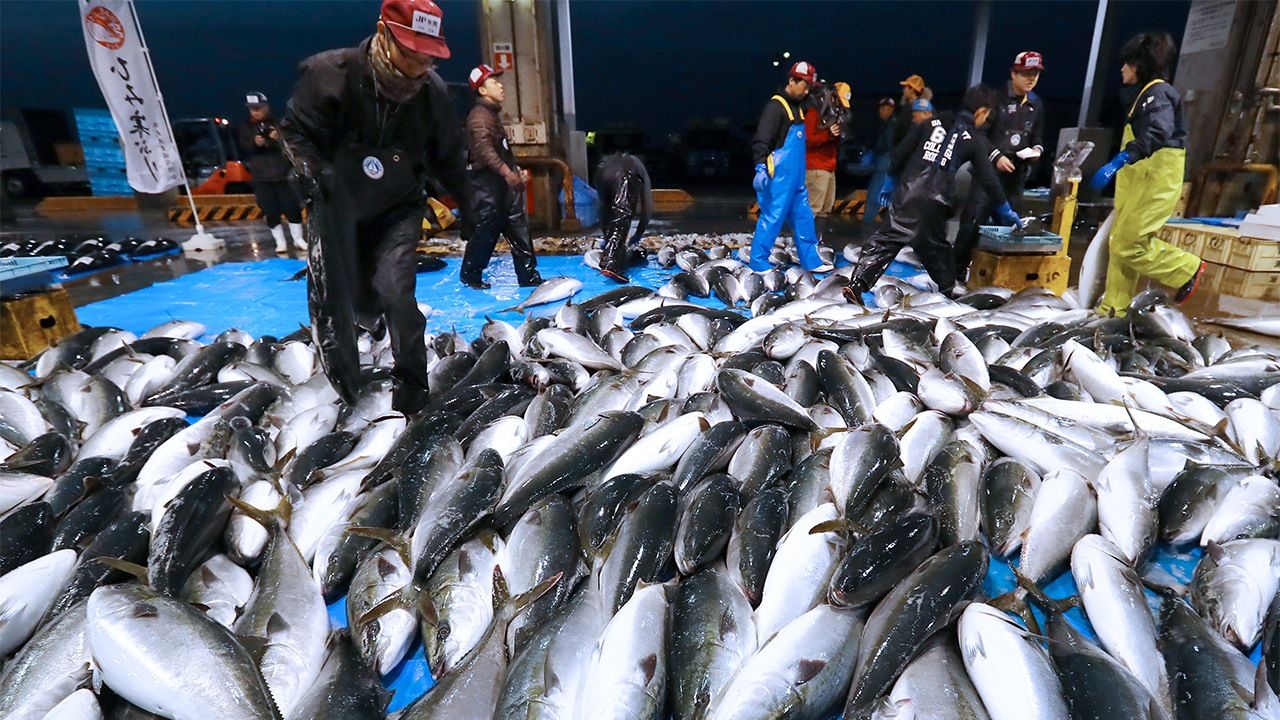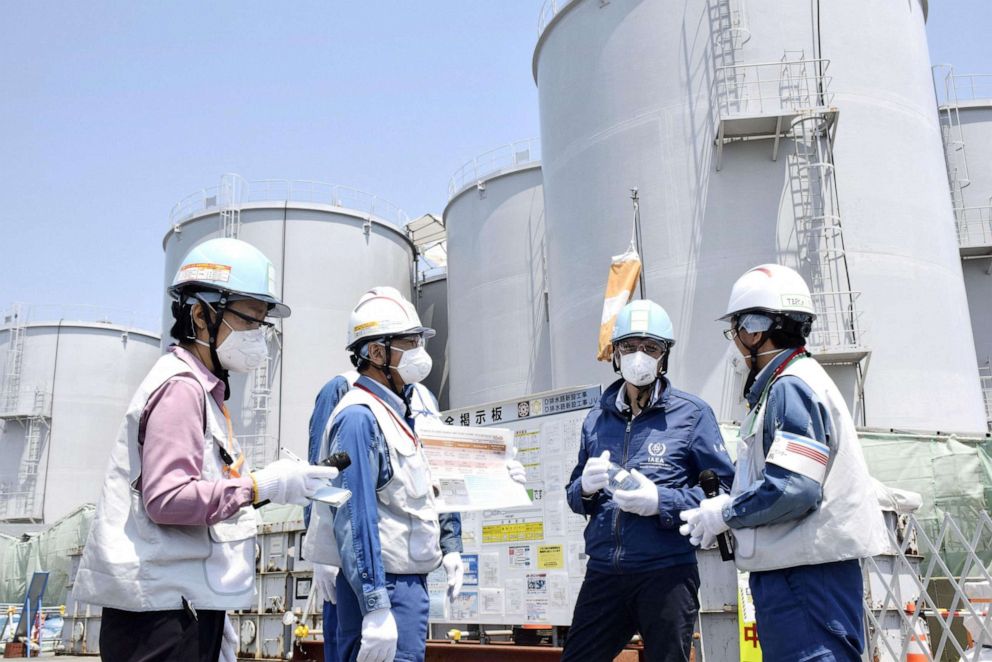News
China Bans All Japanese Seafood Over Fukushima Wastewater Release

China has declare an emergency ban on all Japanese seafood imports after Japan began dumping treated radioactive water from the stricken Fukushima nuclear power plant into the Pacific Ocean on Thursday.
China is “highly concerned about the risk of radioactive contamination brought by… Japan’s food and agricultural products exported to China,” a Chinese customs official said in a statement.
The release, authorised by the UN nuclear watchdog last month after being signed off on by the Japanese government two years ago, is a critical step in the dauntingly long and complex process of decommissioning the Fukushima Daiichi facility after it was wrecked by a tsunami.
Tokyo Electric Power (Tepco) stated that the spill began at 1.03pm local time and that no anomalies with the seawater pump or related facilities had been discovered.
However, China repeated its strong opposition to the plan on Thursday, claiming that the Japanese government had failed to demonstrate the legitimacy of the water discharge.
“The Japanese side should not cause secondary harm to the local people and even the people of the world out of its own selfish interests,” China’s foreign ministry warned in a statement Thursday.
In reply, Tokyo has chastised Beijing for disseminating “scientifically unfounded claims.”
It argues that the water discharge is safe, citing the International Atomic Energy Agency’s (IAEA) conclusion that the impact on people and the environment will be “negligible.”
The Fukushima Daiichi nuclear power facility was devastated in March 2011 after a major 9.0 magnitude earthquake generated enormous tsunami surges that forced three of its reactors to melt down.
Japanese fishing groups have long resisted the idea, blaming radiation fears for years of reputational damage. The Chinese embargo appeared to confirm fears that it would result in a loss of shipments to significant markets.
Despite the government’s assurances, the chairman of the Japan Fisheries Co-operative said in a statement that “the fishing communities of Japan are feeling increasingly anxious as they witness this moment.”
In 2022, Japan shipped over US$600 million (S$812 million) in aquatic items to China, making it the largest market for Japanese exports, with Hong Kong coming in second. According to government data, sales to China and Hong Kong constituted for 42% of total Japanese aquatic exports in 2022.
Import bans on Fukushima fisheries and food products will remain in place until public worries are alleviated, according to South Korean Prime Minister Han Duck-soo.
The water will be released in lower amounts at first, with additional tests. The first discharge, totaling 7,800 cubic metres of water – the equivalent of nearly three Olympic swimming pools – will take place over the course of about 17 days.
According to Tepco test findings revealed on Thursday, the water contains up to 63 becquerels of tritium per litre, which is less than the World Health Organization’s drinking water standard of 10,000 becquerels per litre. A becquerel is a radioactivity unit.
The IAEA also issued a statement confirming that the tritium concentration was substantially below the limit based on independent on-site analysis.
Japan will conduct monitoring around the water release location and publish the data weekly beginning this Sunday, according to the environment minister.
Tepco anticipates that the process of discharging the effluent, which now totals more than 1.3 million metric tonnes, will take around 30 years.
Civic groups in Japan and South Korea have initiated protests, despite the fact that the South Korean government has stated that its own study identified no concerns with the scientific and technological aspects of the release.
According to an organiser and a Reuters witness, South Korean police arrested at least 14 demonstrators who entered the Japanese embassy in Seoul.
Several hundreds of protesters gathered in front of Tepco’s offices in Tokyo before the discharge, waving posters that read, “Don’t throw contaminated water into the sea!” The rally lasted roughly an hour.
“The nuclear disaster in Fukushima is not over.” This time, only around 1% of the water will be released,” said 71-year-old Jun Iizuka, who attended the protest. “We will fight for a long time to stop the long-term discharge of contaminated water from now on.”

































